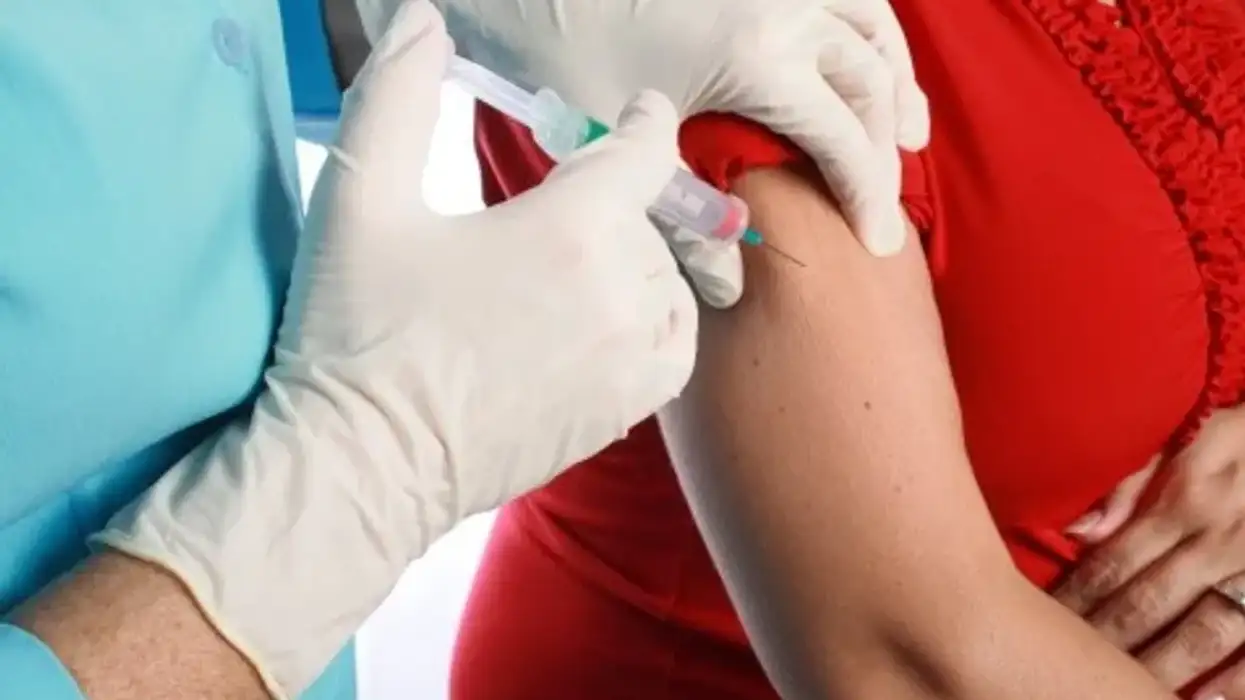The Pharmacists' Defence Association (PDA) has urged all of its BAME network members to immediately submit their response to the GPhC’s consultation into its five-year Equality, Diversity and Inclusion (EDI) Strategy for 2021-2026.
The association made its call during the a meeting organized to discuss the Sewell Report recently. Speaking on the occasion, Alison Jones, PDA director of stakeholder engagement, encouraged attendees to get involved by responding to the GPhC’s consultation directly, if they haven’t done so already.
The consultation is open until July 12 and the PDA is expected to publish its full response to the GPhC’s consultation shortly.
Manuella Asso, PDA BAME network coordinator reiterated in the meeting that the PDA was disappointed in the Swell Report and completely rejected the notion that there is no evidence of institutional racism in the UK.
Manuella talked about examples of countless members who identify as BAME who have come to the PDA for representation or advice because they have been discriminated against at work.
He also shared some of the actions that the PDA has taken to help tackle racism in the profession and suggested that the government implement recommendations from previous reports as a starting point.
Nahim Khan, PDA regional committee member for the North, said that “at least two of the authors of this report have previously said that institutional racism doesn’t exist” whilst Bayo Adegbite, Regional Committee member for the South East, highlighted that “the report was not a true reflection of the majority of BAME people’s actual real-life experiences… all that was wanted from this report was the truth.”
Sherifat Muhammad Kamal, vice president of the PDA BAME Network, said “the report glosses over the issues and does not tell us its purpose.”
These sentiments were largely echoed within the discussion, and many agreed that the report could cause division.
Network members also discussed the inequality in MPharm student performance and the need for more ethnically diverse resources and research for students.
The question was raised on how to empower young pharmacists at the educational level.
BAME Network member Degu Gagandeep shared her experience in academia of universities’ working towards decolonising their curriculum. This was echoed by Soh Xi Ken who said “we need to stop assuming that every patient is white. Introducing people of colour into the curriculum should be normalised.”
Sherifat Muhammad Kamal added, “We can take views from everyone as long as they recognise the issues that are happening. The standard is to be good to all – irrespective of colour or race. We represent what we can see and feel and that will really bring in the diversity.”











